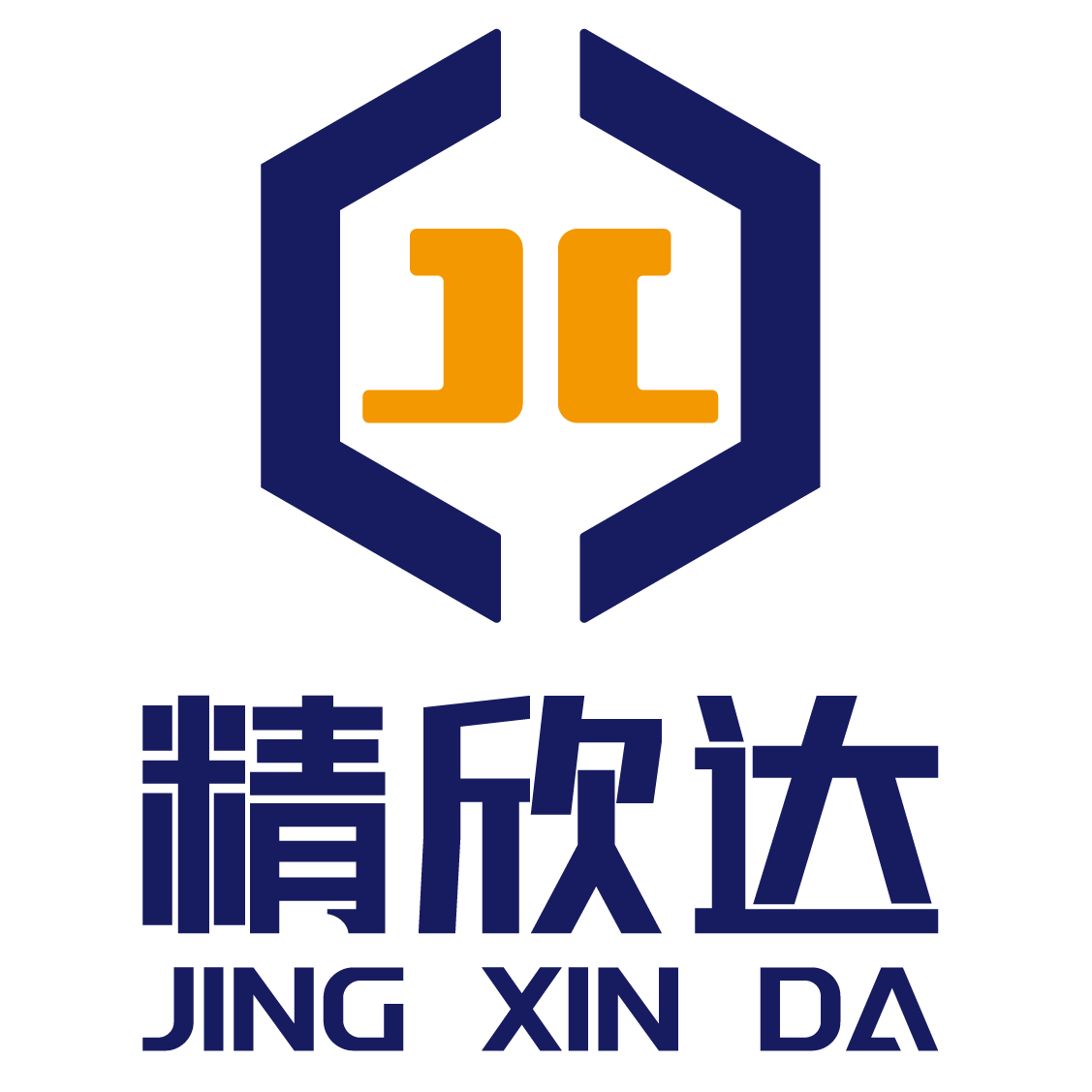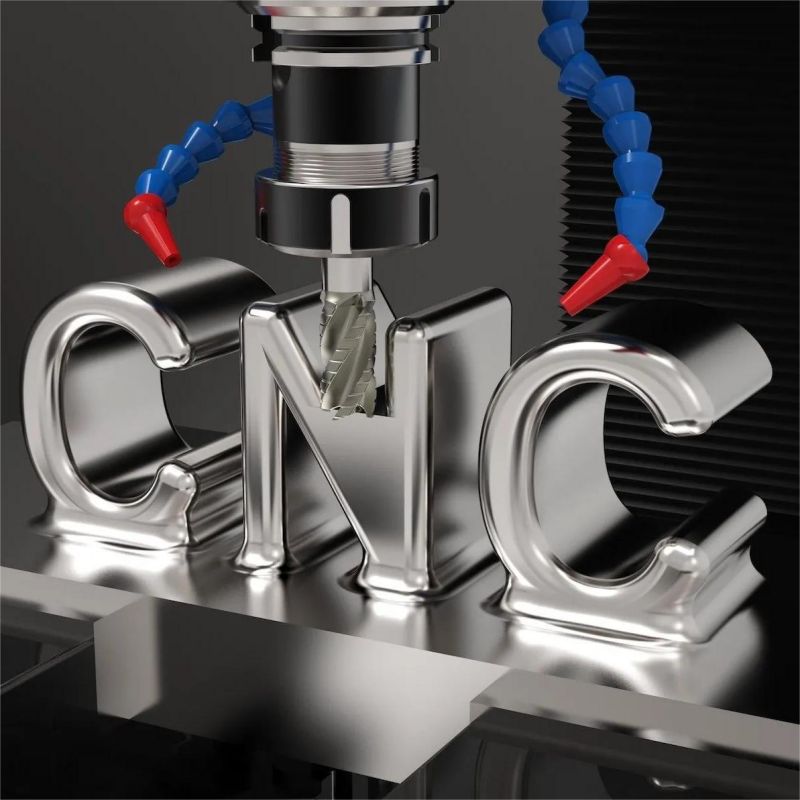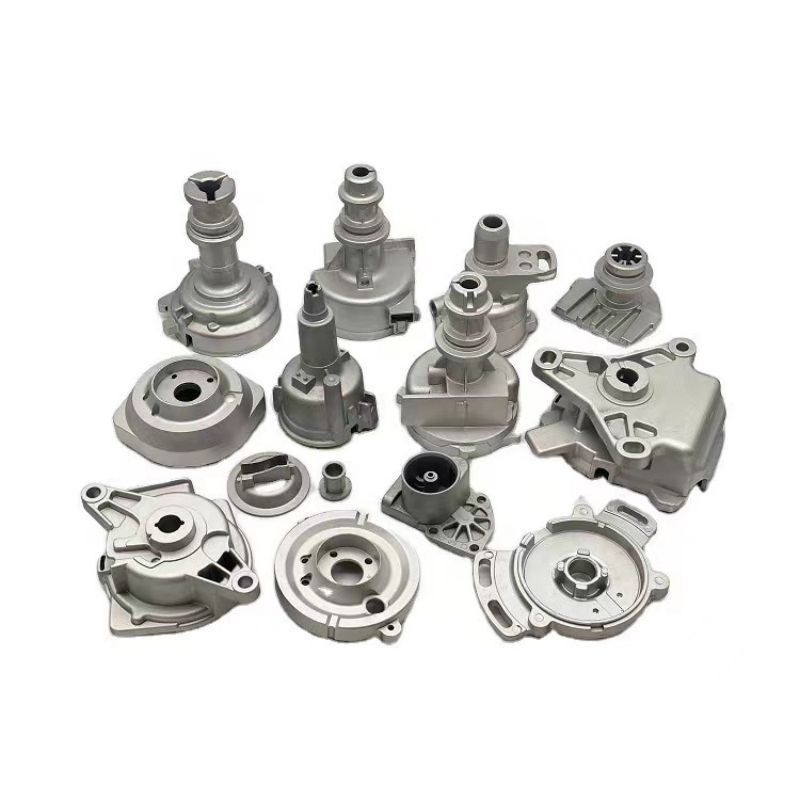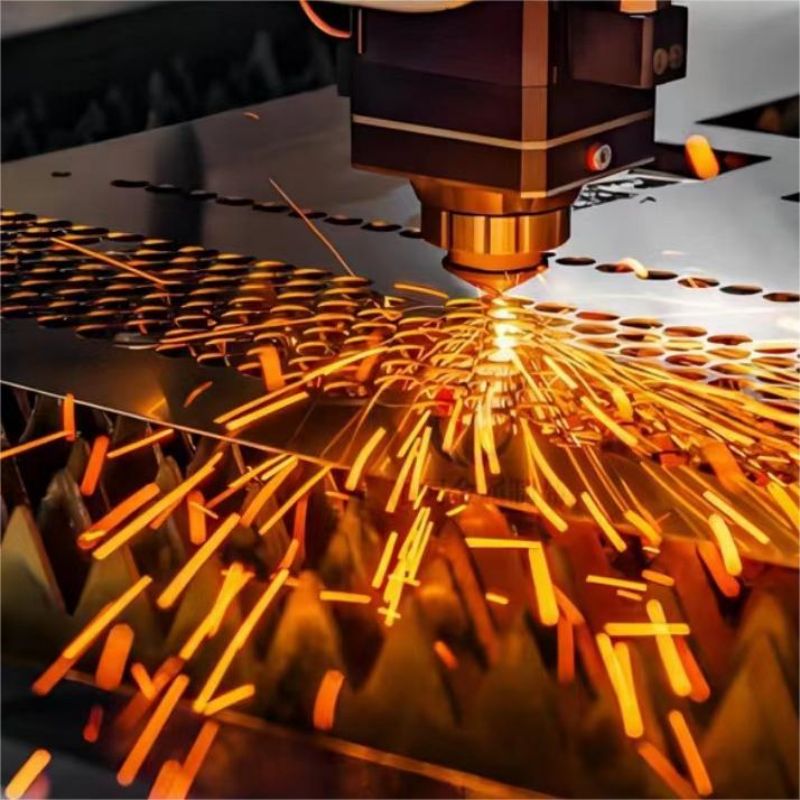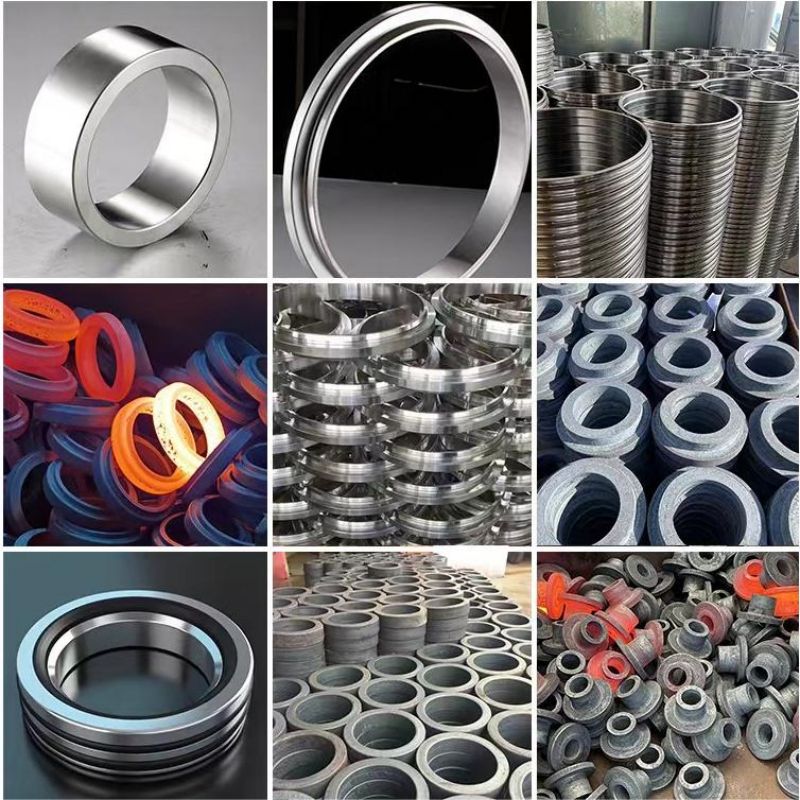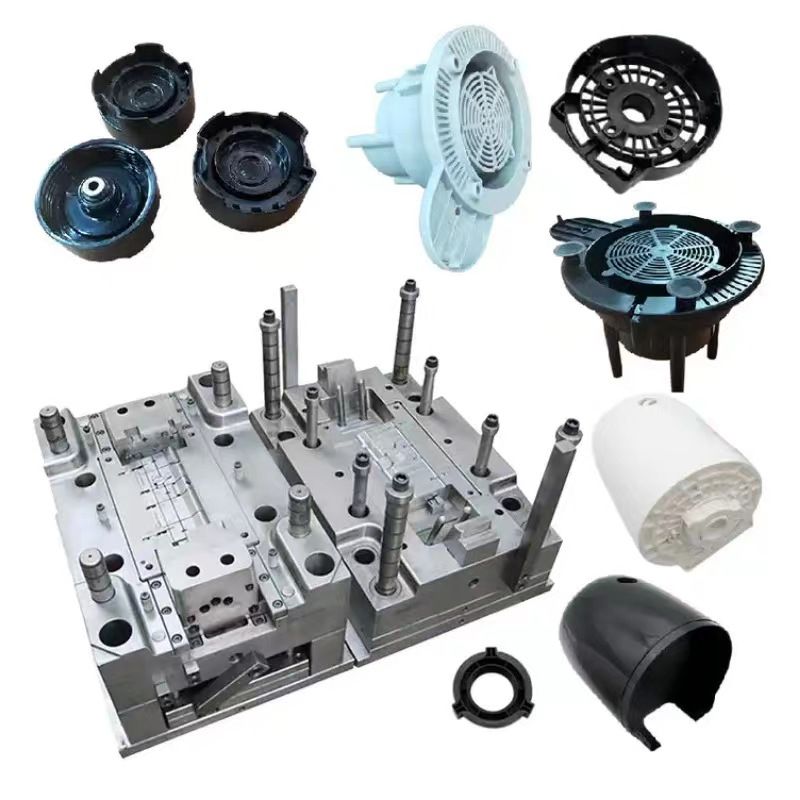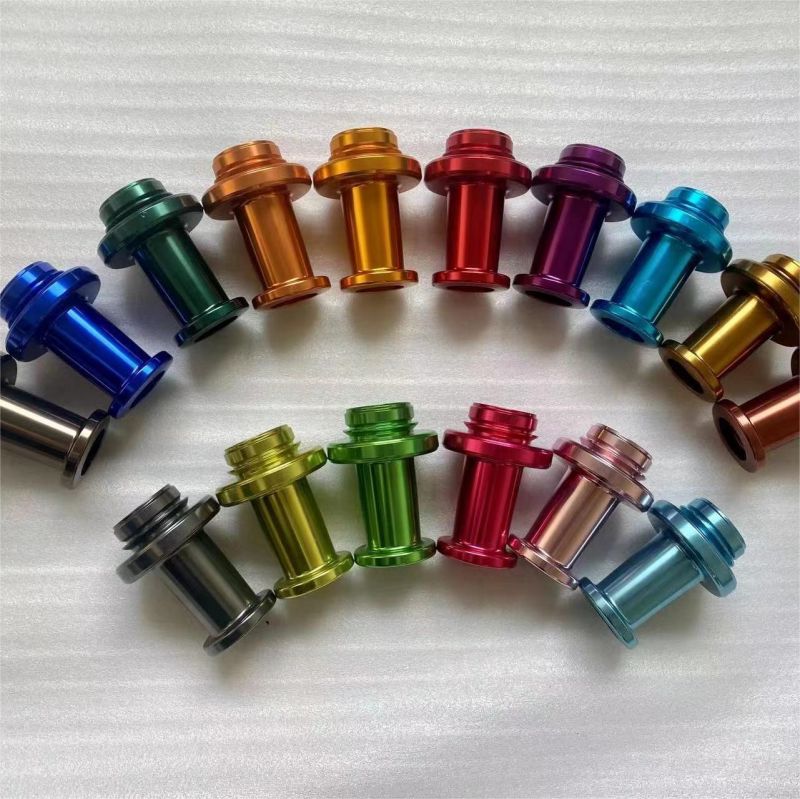Whether it is a drone for commercial, recreational or professional use, it relies heavily on the quality and performance of its components. Among the various parts that make up a drone, the materials used to make these parts play a vital role in determining the overall efficiency, durability and functionality of the drone.
Drone components are made from a range of materials, each selected based on performance, weight, cost, and intended application. The following are common choices for drone materials:
1. Aluminum alloy: Aluminum alloy is known for its high strength, light weight, and excellent corrosion resistance, and is a common choice for drone frames and structural components. It combines durability and cost-effectiveness, making it the material of choice for commercial and industrial drones.
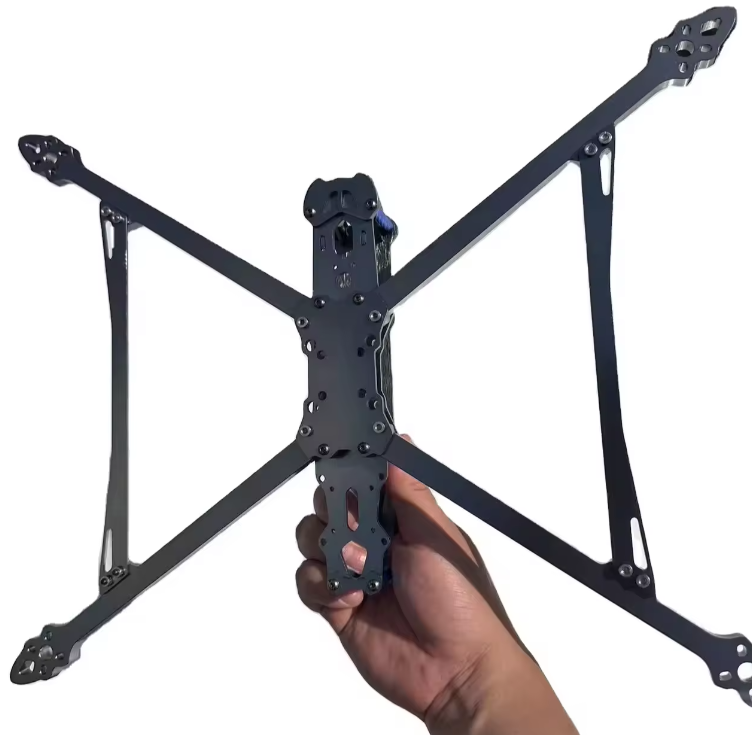
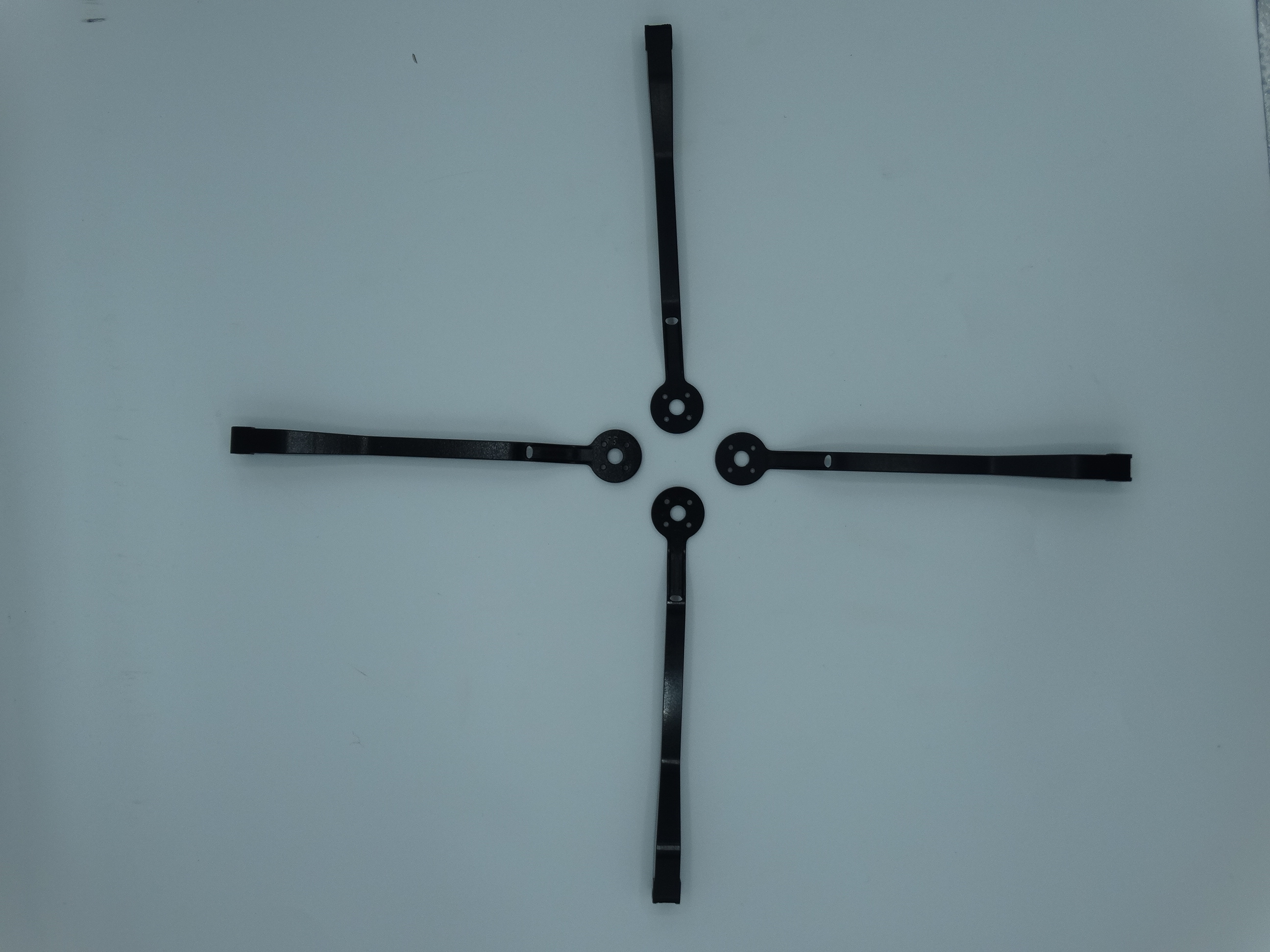
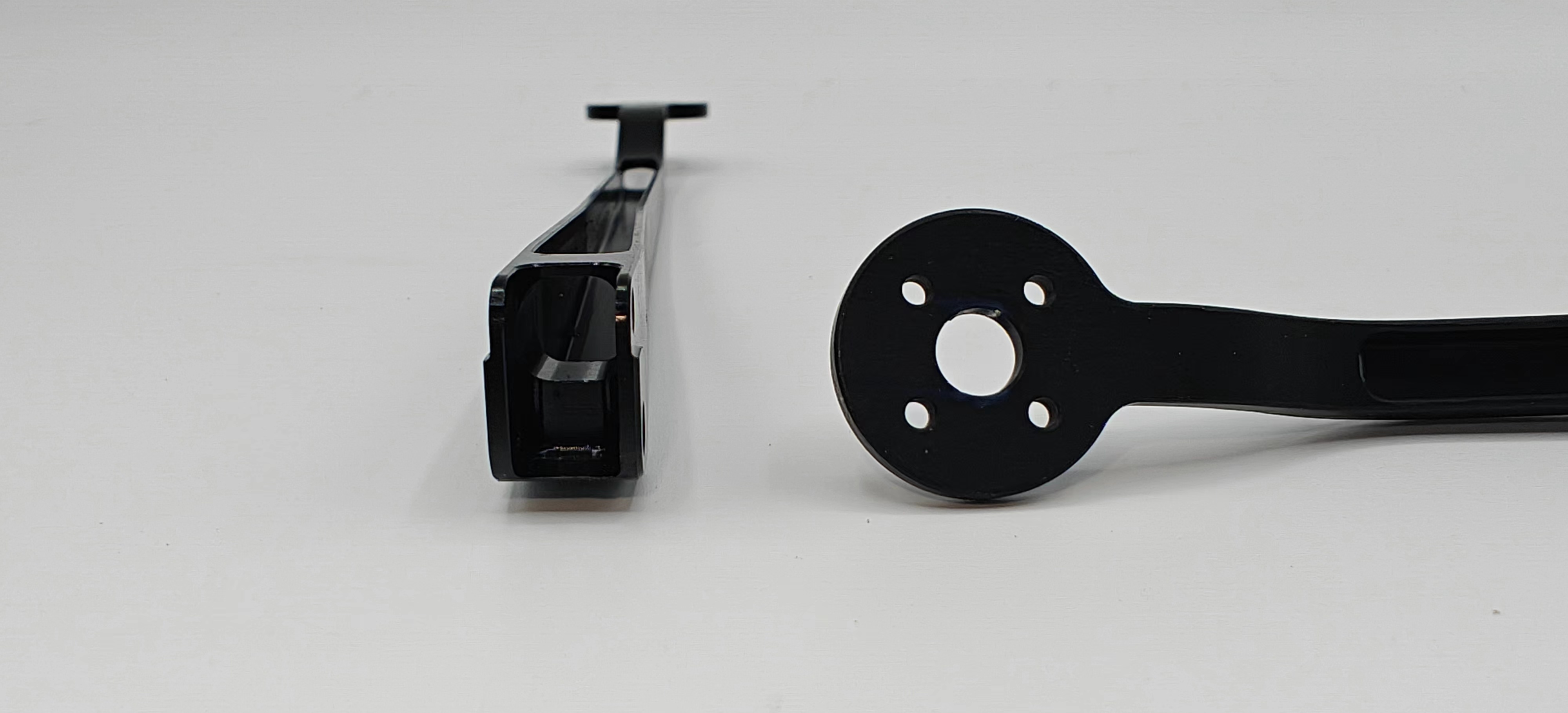
2. Carbon fiber: Carbon fiber has an excellent strength-to-weight ratio, so it is favored in high-performance applications. It is lightweight, hard, and impact-resistant, making it an ideal material for parts such as propellers and drone arms. However, compared with aluminum alloys, the production cost of carbon fiber parts is much higher.
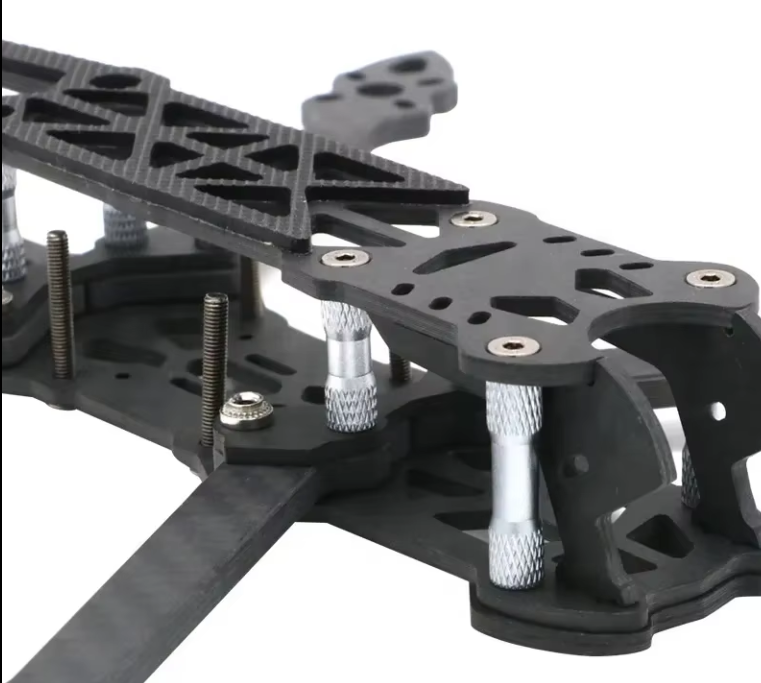
3. Plastic composites: Plastics, including ABS and nylon, are commonly used in small consumer drones. These materials are inexpensive, lightweight, and easy to shape, making them ideal for less demanding applications. However, they are not as strong and durable as metals such as aluminum or composites such as carbon fiber.
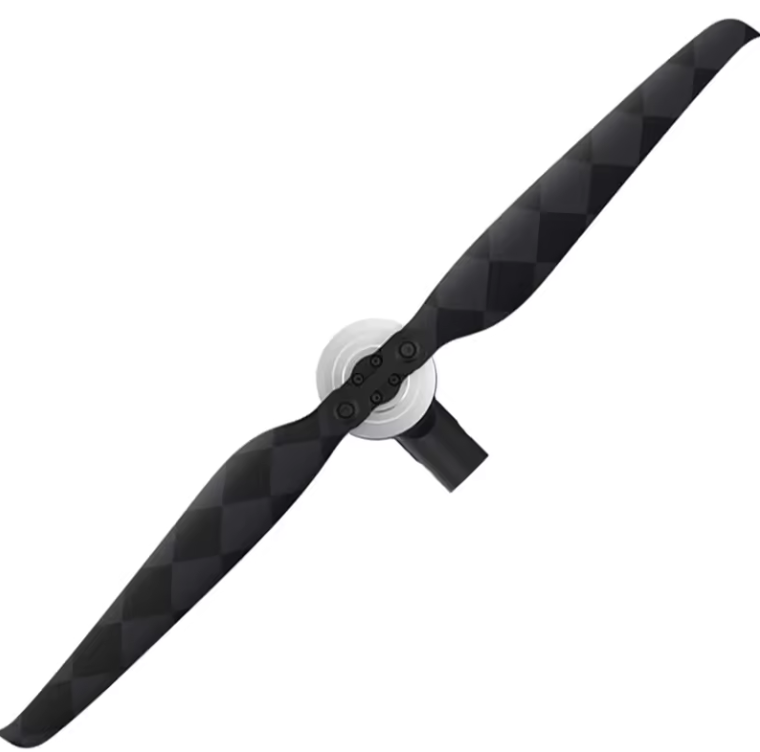
4. Magnesium alloy: Magnesium alloy is another lightweight metal used in some drone parts. It has similar advantages to aluminum, but is lighter. Magnesium alloy is often used in high-performance drones with high weight requirements, but it is more expensive and needs to be handled with care due to its flammability.
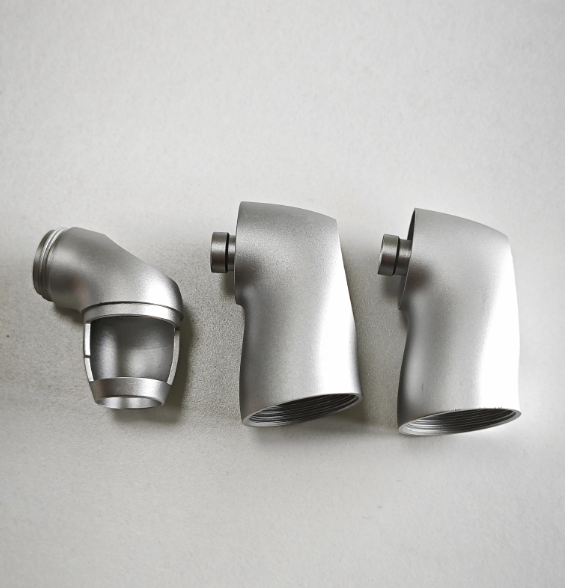
Each material has its advantages, so drone manufacturers must choose the right material based on the purpose of the drone and the required performance. However, for many manufacturers, aluminum alloy and carbon fiber are still the first choice because they achieve an excellent balance between performance and cost-effectiveness.
Aluminum alloy and carbon fiber account for a relatively large proportion of the materials of drone accessories. Carbon fiber has a higher strength-to-weight ratio than aluminum alloy, so it is very suitable for weight-sensitive applications. However, aluminum alloy has excellent structural integrity and can perform well in various environments without reducing the strength of the drone. Compared with carbon fiber, CNC aluminum alloy has a lower production cost, which is one of the important reasons why drone manufacturers often choose aluminum alloy. CNC machining of aluminum alloy is generally more economical than carbon fiber, because carbon fiber involves more complex manufacturing technology. For large-scale production, CNC aluminum alloy allows manufacturers to reduce costs while providing high-quality, durable parts. Aluminum is easier to process using CNC machining processes, so it has greater flexibility and higher precision when customizing drone parts. Carbon fiber requires specialized tools and techniques, which increases costs and complicates the production process. Although carbon fiber is an ideal material for some high-performance parts, CNC aluminum alloy often strikes a better balance between performance and economy due to its versatility, durability and cost-effectiveness. CNC aluminum alloy is a popular and practical choice.
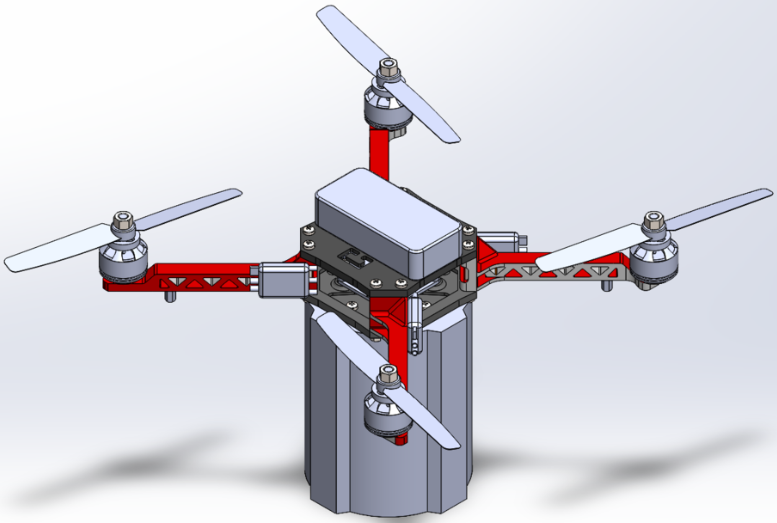
When making aluminum alloy parts for drones, the choice of supplier is also very important. JXD is a trusted partner in CNC manufacturing of custom aluminum drone parts. With years of CNC machining experience, we have accumulated rich expertise in producing high-precision, durable aluminum parts. We pay attention to details and ensure that each part meets the precise specifications of our customers.
Here is an overview of our aluminum parts manufacturing process:
Customized to customer design: Customers provide us with detailed design drawings, which we input into our CAD/CAM system to create a prototype. Our team works closely with customers to ensure that every detail is considered and optimized for CNC machining.
State-of-the-art CNC machines: We use high-precision CNC machines capable of producing complex aluminum parts with precision and consistency. These machines ensure that each part is machined to exacting tolerances to meet the stringent requirements of drone manufacturers.
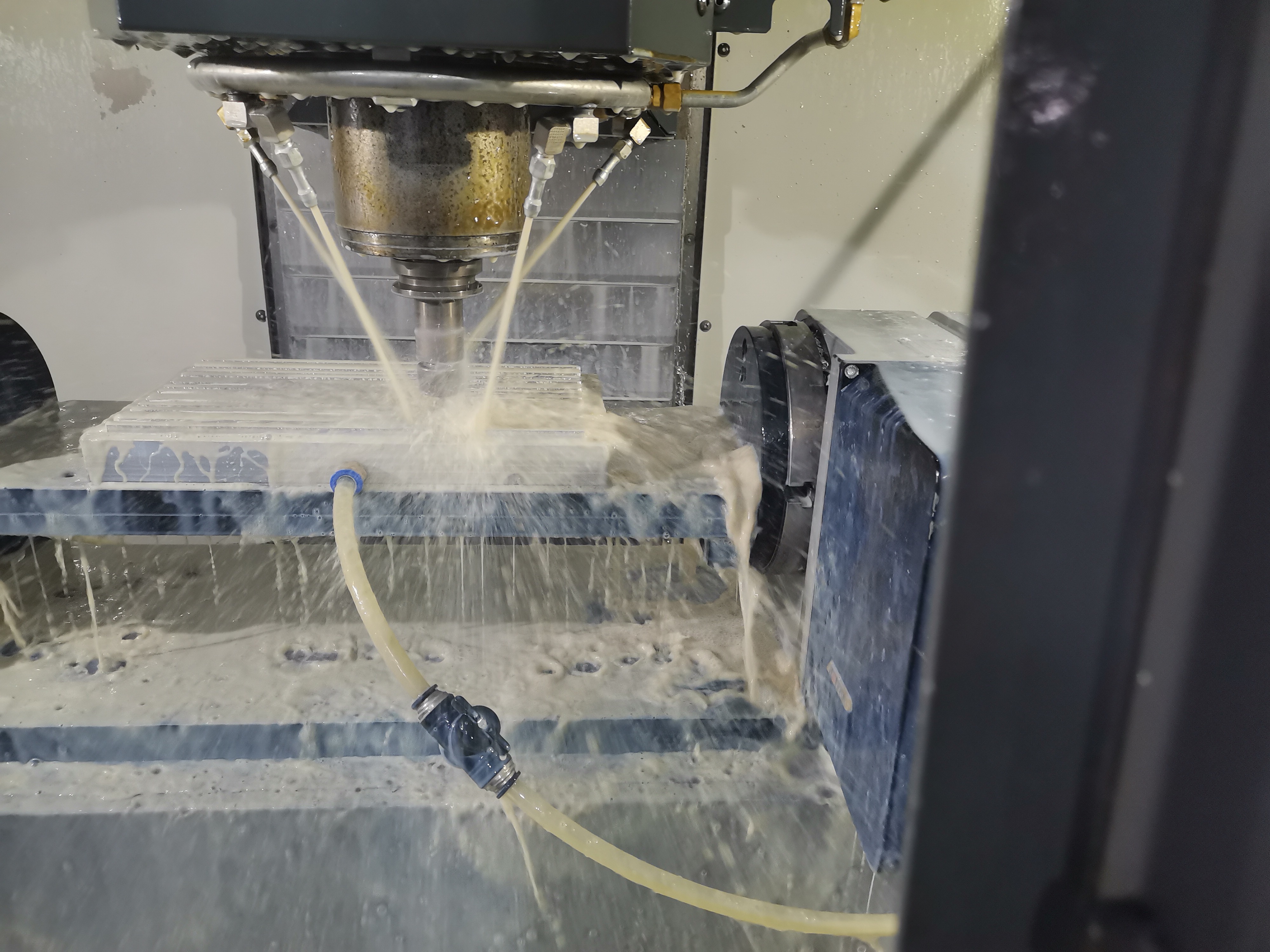
Sample Testing: We produce samples of custom parts before committing to series production. This allows customers to test the parts under real-world conditions, ensuring that the final product meets their expectations. Any adjustments can be made before full production begins.
Surface Treatment: To further enhance the durability and appearance of our aluminum parts, we offer a range of surface treatment options, including anodizing and powder coating. These treatments not only protect the part from wear and corrosion, but also give it a shiny, professional finish.
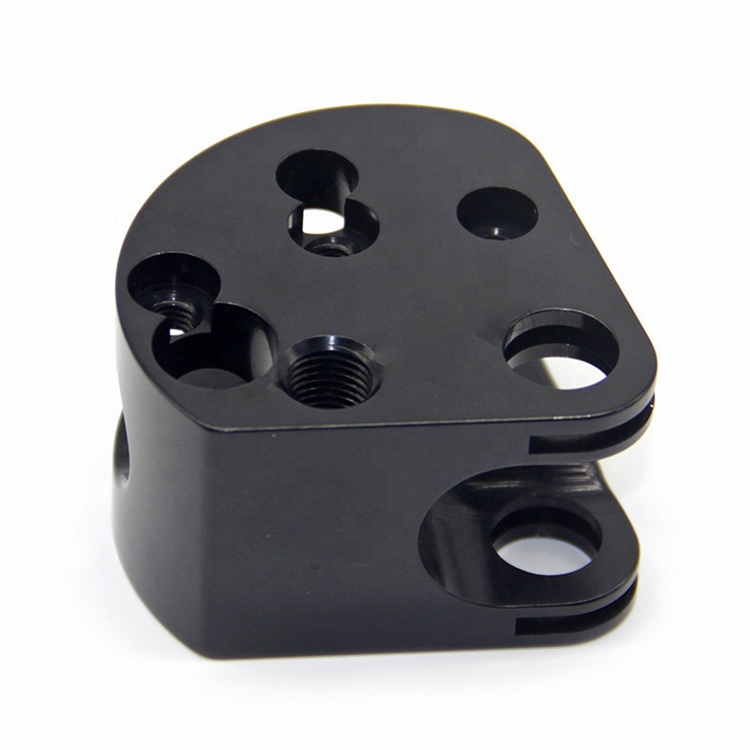
Quality Assurance: Every component that leaves our factory undergoes rigorous quality inspections to ensure it meets the highest standards. Our commitment to precision and quality guarantees that each component will perform as expected, providing durability and reliability.
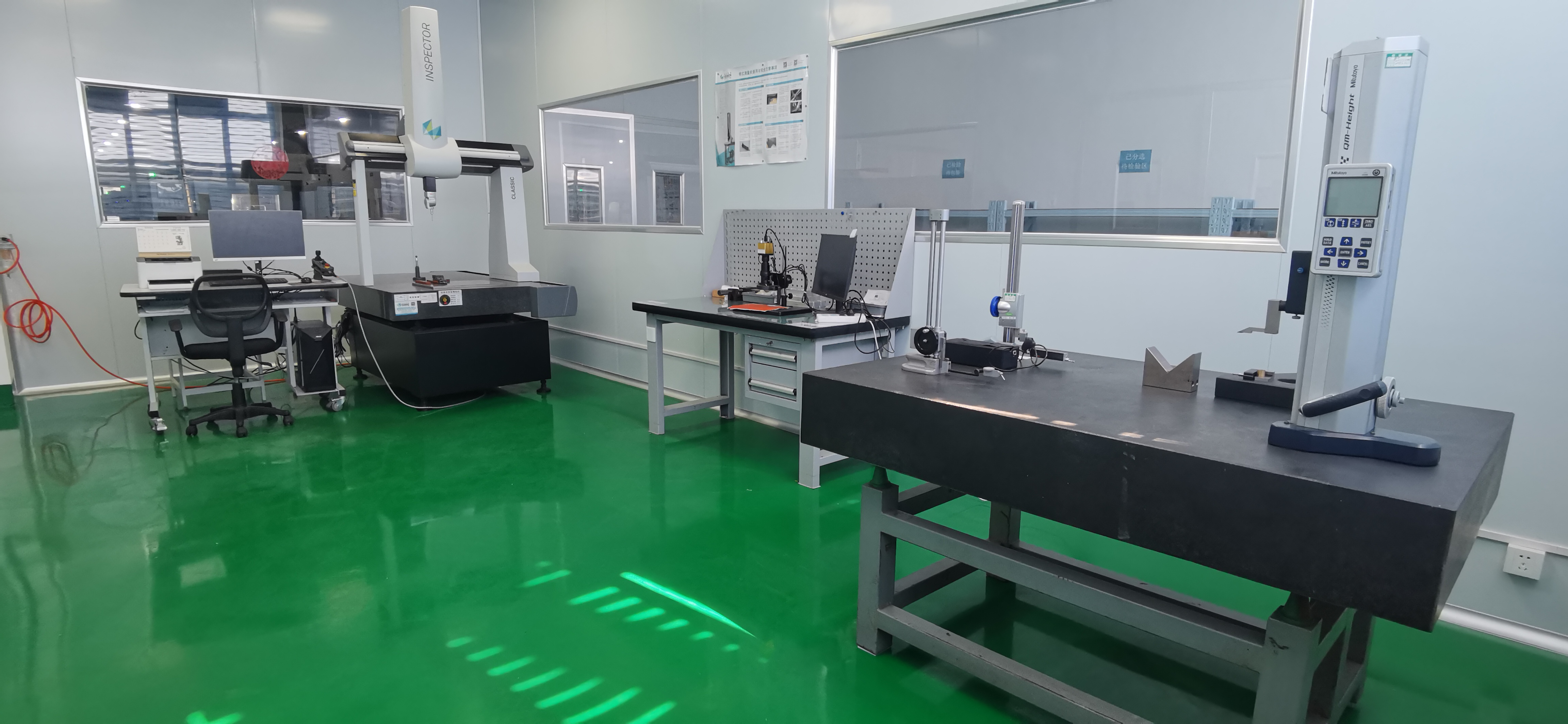
Cost Effectiveness: By using advanced CNC technology and efficient production processes, we are able to offer competitive prices without sacrificing quality. This makes us an ideal choice for manufacturers looking to reduce costs while maintaining high standards.
Flexibility: We have the capacity to handle orders of all sizes, from small prototypes to large-scale production. Our team is always ready to adapt and optimize the production process to meet the unique needs of each customer.
Comprehensive solutions: In addition to CNC machining, we also provide a range of value-added services such as design assistance, sample testing and surface treatment. This ensures that our customers receive finished parts that can be integrated into their products.
When it comes to drone parts, material selection is critical to achieving a balance between performance, durability, and cost. While carbon fiber has its place in high-end applications, CNC machined aluminum alloy is a cost-effective and versatile material for many drone manufacturers. JXD's expertise in CNC machining enables us to provide high-quality custom aluminum alloy drone parts that meet our customers' exact needs.
